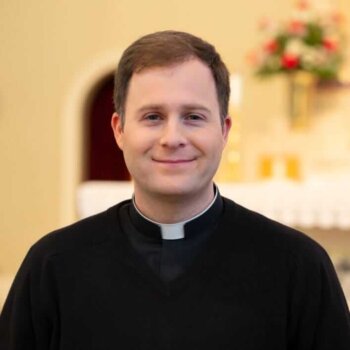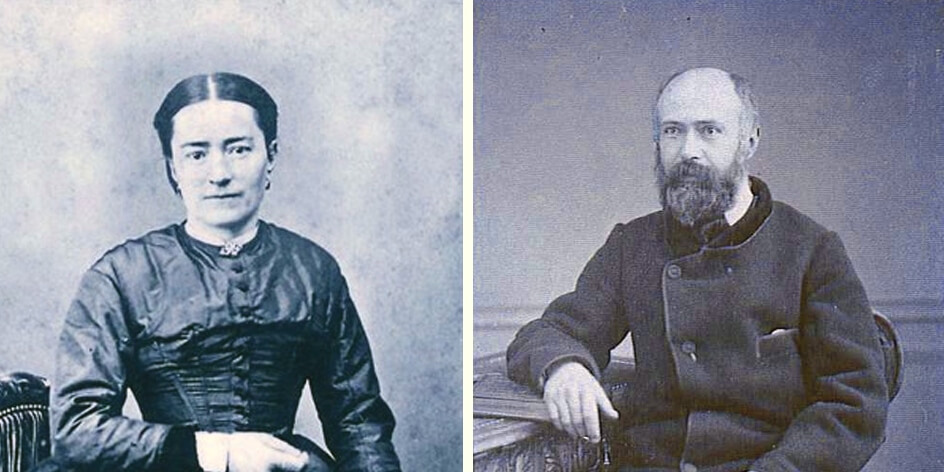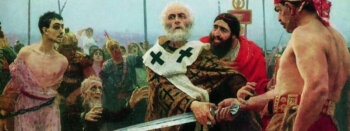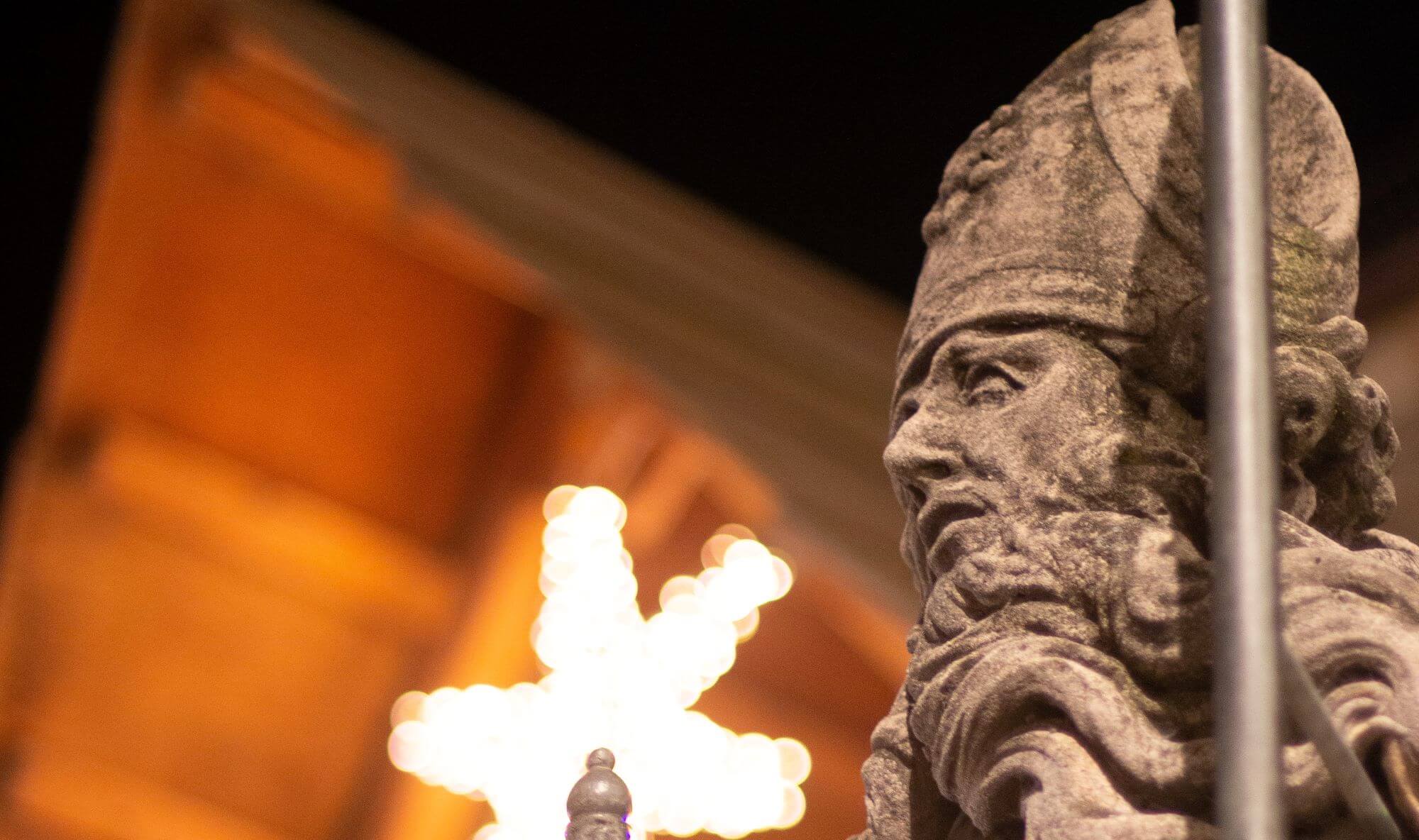
With Pentecost past, we have now entered the liturgical period of “Ordinary Time.”
This season’s Ordinariness isn’t about it just being “normal” or “default,” rather it should be a time that is ordered. And how does the Church order this time after Pentecost? With feasts and saints’ days!
June is chock-full of feasts: Corpus Christi, the Sacred and Immaculate Hearts, the Birth of John the Baptist (June 24), and the Apostles Peter and Paul (June 29).
But there’s one memorial which often goes unnoticed: the feast of St. Boniface, Bishop and Martyr.
St. Boniface and the Oak
Boniface was born in what is now England in the 7th century, at a time when Western Europe was still rebuilding itself after the fall of Roman Empire. By the time he was about forty years old, Boniface was known as a gift scholar and preacher—but he gave it all up to become abbot of his monastery and to travel to mainland Europe to spread the Gospel in places yet unevangelized.
He travelled into the wild frontier lands of what are now the Netherlands, Austria, and Germany. His initial missions were unsuccessful, but at each turn, Boniface petitioned the Pope for advice and support. Pope Gregory III consecrated Boniface as Bishop of Germany in 732.
One of the obstacles Boniface faced was that the German peoples treated religion with great superstition. They treated sacramentals as magical objects and the sacraments as a form of witchcraft. The earlier Christian missionaries they had encountered—those who had worked independently of the papacy—often encouraged this superstitious mindset. As a result, many people worshipped Christ to some extent, but refused to stop worshipping such false gods as Woden and Donar (also known as Odin and Thor).
Furthermore, the people feared that their old gods would punish them if they gave themselves fully to Christ. Thus they continued to worship Donar’s sacred oak, and adorn it with offerings and sacrifices.
In response, Boniface called all the people together and—in full view of everyone—chopped down Donar’s sacred oak tree.
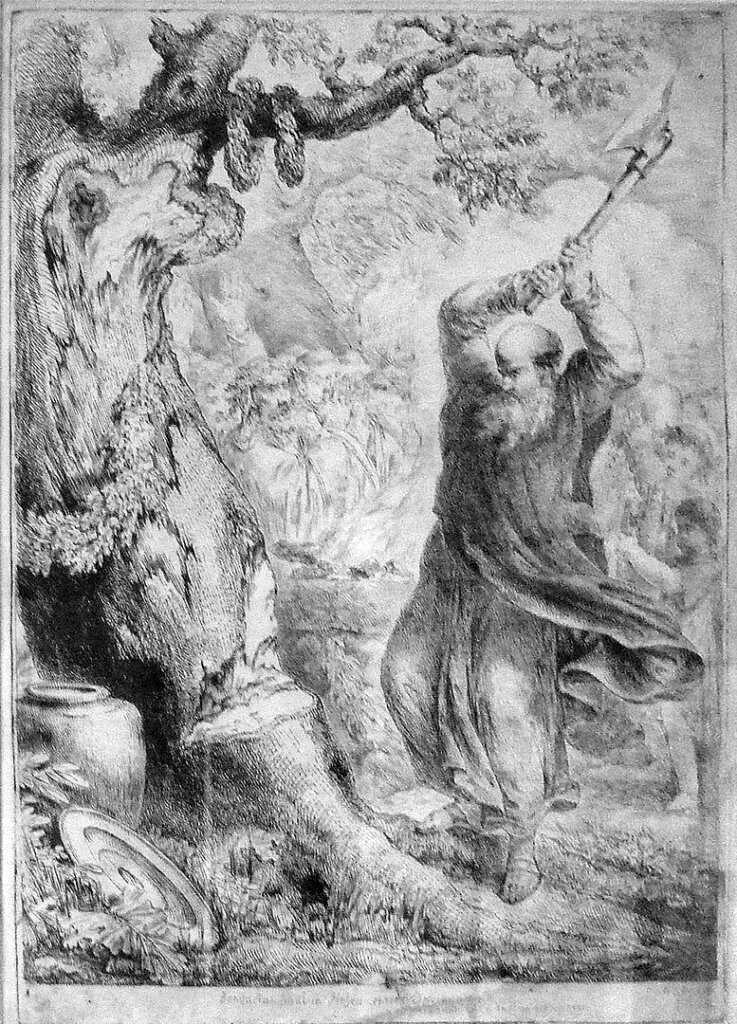
With this singular action, he proved the power that God had over all things, especially the created world. By removing the idol, St. Boniface struck at the core of the religion of the pagans, who believed that 1) the natural world and its “gods” would punish their enemies 2) that Christ was just one demigod among many and 3) that grace could be earned through physical acts of magic and superstition.
In the days following, Boniface and his companions used the oak’s wood to build a chapel dedicated to St. Peter.
The episode of Donar’s oak is just one of Boniface’s most famous moments—his work spanned an entire lifetime. His successful missions all throughout Germanic lands has earned him the title “Apostle to the Germans.”
In subsequent decades, rather than live comfortably among his newly-won flock, he continually went out to the fringes of Christendom to win more souls for Christ. This ultimately led to his heroic martyrdom in Frisia (the modern Netherlands) around the age of eighty.
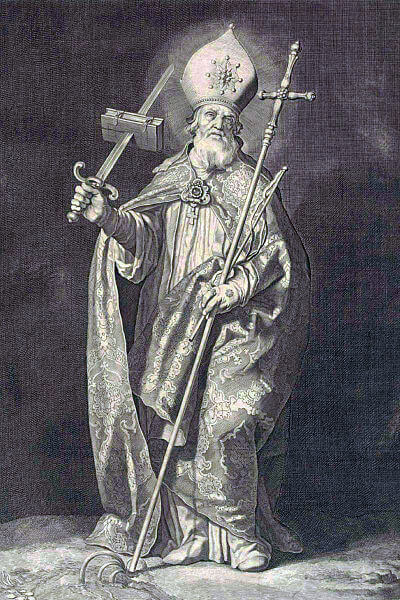
The Oaks of Today
St. Boniface might seem like an odd character to seek guidance from in our current day. After all, there aren’t a whole lot of pagan worshippers making sacrifices to magical trees in our streets.
But there are a whole lot of idols still. Not just in wider society, but in our own hearts.
Boniface’s actions weren’t brave and holy because he attacked a pagan shrine: they were brave and holy because they challenged the false beliefs of the society around him, and brought others to Christ.
If we were to examine ourselves and our ways of thinking, would we always think like Christ? Do we always think about things with Christ in mind? What guides our thinking instead?
This is where Boniface shows us the way: we need to evaluate the way in which we view the world and then chop down our idols, turning instead to the love of Christ and the guidance of His Church. Only then can we be free to fully hand ourselves over to the Lord.
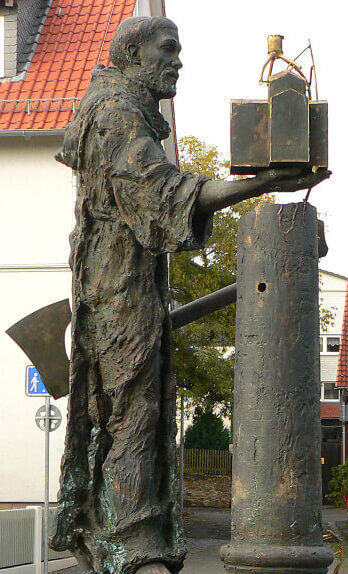
The Idol of “Fitting In“
I recently spoke about the topic of “fitting in” with Fr. John Eckert, a good friend of ours here at Good Catholic. You might know Father Eckert through two of our series: Full of Grace and Overcoming Deadly Sin.
You can listen to our whole conversation here.
At one point in our conversation, I asked Father Eckert about the “idols” in our hearts today, looking to St. Boniface for guidance:
[Boniface] went into the heart of this hostile society and said: God has power over this, and your preconceived notions are incorrect, and he removed the idol. So: if you could pick one thing to chop down—if you could pick one ‘idol’ to chop down and force people to confront the falsehood of something they believe—what would you chop down?
After thinking a moment, Father replied:
I would say the thing that we should probably chop down is our strong desire to be a part of normal secular society like everybody else…It’s a sad thing. There are so many things we’ve kind of sold out on to be a part of wider society to the point where with the grave evil of abortion [people say] “we have to defend this in our pluralistic society”. But what are we? …
Yeah, we live in a pluralistic society, but what do we want that society to be? And as you look at the building up of Catholic culture, I think in some ways we’ve so lauded the wider culture that we forget about the Catholic culture. I think getting rid of [the assumption] that we need to be like everyone else will make us so much happier.
Am I good at that all the time? No, I’m not. It’s really difficult. It’s an idol there, I think, for everybody. Because who wants to be abnormal? …
There are countless “idols” that we might accidentally follow, and Fr. Eckert has identified a very important one: the desire to fit in.
How often does our desire to be normal get in the way of our following Christ? It’s a simple thing, to want to fit in, but if we strive to truly be saints—to be heroically virtuous and on fire with devotion to God—would we really fit in at all? Wouldn’t we be different? Shouldn’t we be different?
The answer is yes, of course we would be different. The saints are renowned and famous for this very reason: by living a life of love and self-giving devotion, they were remarkably different than those who lived by the idols of the world.
We should all take this question to prayer, because we need the Holy Spirit to show us the way. What idols do we unfittingly follow? Does Christ drive our worldview, or does our view of the world dictate how we think of Christ? If there was some worldly “idol” that we would want to chop down, how can we go about doing that for the Kingdom of God?

